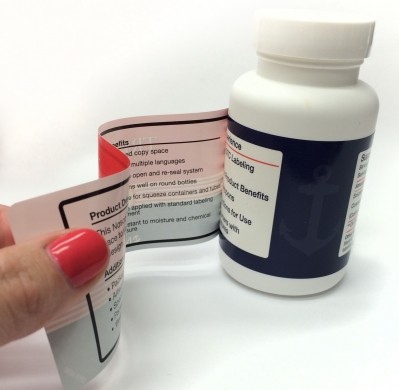Product diversion is becoming more prevalent, says Nosco expert

Brent Anderson, Packaging Advisor for Nosco, told attendees to an Experts Insights Webinar hosted by the United Natural Products Alliance (UNPA) that while counterfeiting and selling products on the black market are not major problems for dietary supplements, the issue of diversion is becoming more prevalent.
“For the MLM and practitioner channel diversion continues to grow. We’re seeing more and more distributors and practitioners selling through third party vendors like Amazon, eBay, and iHerb,” said Anderson.
“It’s easy to set up an Amazon account and sell products anonymously, and people are increasingly comfortable buying supplements on Amazon.”
Effects and solutions
The effects of diversion can include damage to a distribution channel, brand name erosion, selling products that have been tampered with or expired, and customer confusion (for example, if products are only being sold through independent practitioners, why are they also available online?).
Anderson told NutraIngredients-USA that companies in the range of $100-250 million in sales have estimated the impact of diversion to be over $2 million annually, but many other companies have no grasp of how this is affecting their business, and the overall cost to the industry is just not known.
“Diversion is a real grey area for companies because they often do not have a cross-functional team to lead the charge. It takes a partnership between procurement, distribution, and legal to develop a successful program,” he said.
“We’ve had a lot of interest from MLM companies as they expand overseas,” said Anderson. “As they expand in foreign markets they are seeing that this problem becomes more challenging that it has been domestically.”
Nosco offers a range of solutions to brands to maintain the integrity of their distribution channels, he said, and these include item level security, unique identifiers for each product, and track and trace to prevent and detect diversion.
So, if the prevalence is increasing and awareness is growing, are companies working with Nosco to control the situation? “We have been involved in serialization and brand protection for over 10 years and have a growing number of live projects active in the dietary supplement industry,” he said.
Mitigation
Commenting on the issues, Loren Israelsen, president of the United Natural Products Alliance, told us: "Diversion is a growing, multi-billion-dollar industry that has found a home in the dietary supplement industry. Unfortunately, the results for industry companies include brand damage, loss of sales, confused consumers and upset distributors and practitioners. We’re hopeful that supplement diversion can be mitigated by a number of emerging technologies, including those that Nosco has incorporated into its product offerings."







